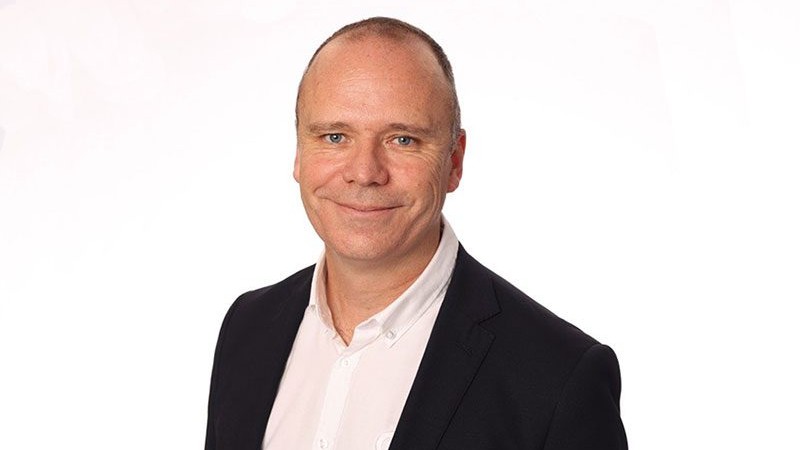A cautionary tale on the importance of listening

We all heard it growing up – “you have two ears and one mouth for a reason”. I was never quite sure whether I met that implied ratio of listening twice as much as speaking. Perhaps where my sisters were involved.
This week an example of what can happen when council organisations are perceived to have “lost the room”. A public paper has been released on Council Controlled Organisation (CCO) reform, calling for major shake ups for 3 CCOs, including Auckland Transport. Apparently more than 80% of polled Aucklanders support the reform.
When an organisation reaches the point where 80% of constituents want reform, a good question for leadership to ask is “how well are we listening to our stakeholders?”. Listening is relatively easy, but really hearing them is another thing entirely, let alone doing something to show they’ve been heard.
NRC works closely with Auckland Transport to improve freight efficiency, with mixed success. The concerns of the respective Browns, Mayor and Minster, are right. The problem is structural – the legal framework demands a degree of independence that places the CCOs too far from democratic accountability. Councils have few real levers to pull.
This is not a problem unique to Auckland Transport. NRC members up and down the country share their frustration that councils and road controlling authorities just don’t seem to be listening when it comes to raised pedestrian crossings, too many cones, and what’s seen as excessive spend on pedestrian and cycling infrastructure while fixes to roads keep getting delayed.
Many are sceptical as to whether enough of their road user charges are actually spent on roads.
Councils have work to do to show road freight operators they are listening. Here are some ways they can start:
- Keep on top of maintaining your roading assets
- Spend budgets on what they are actually for – what’s needed, not on the nice to haves
- Preserve your road freight corridors by keeping them separate from cycleways, pedestrians and raised crossings
In many ways the recent election in the United States came down to which party was perceived to be listening to voters the best. They demanded politicians get back to the basics – fixing the economy, getting food affordable again and having a job to go to.
A lesson councils in New Zealand would be wise to heed.
– By Justin Tighe-Umbers, chief executive, National Road Carriers





